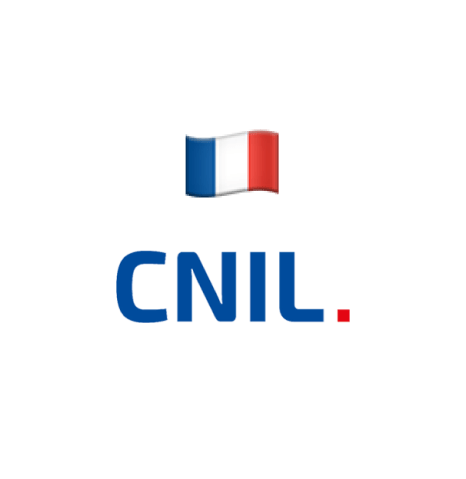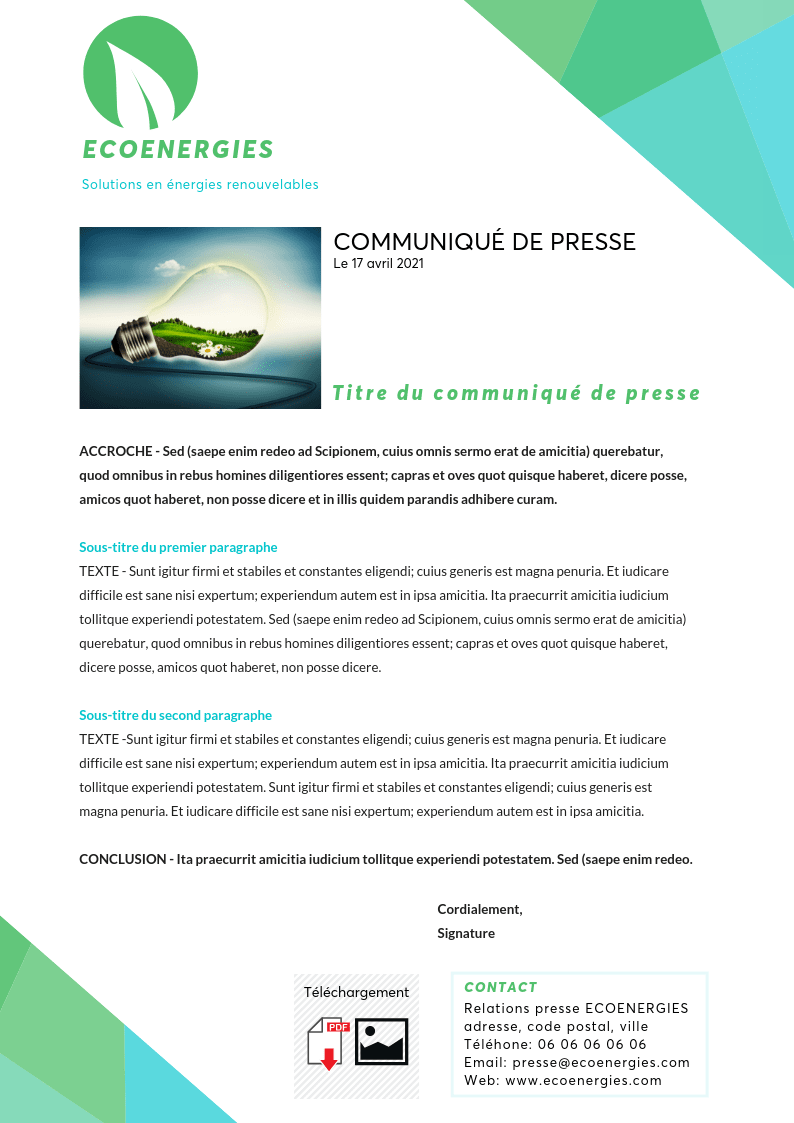Protecting User Data In Mobile Apps: Compliance With CNIL Regulations

Table of Contents
Understanding CNIL Regulations and their Applicability to Mobile Apps
The CNIL's regulations are built on core principles that must be applied to all personal data processing, including that which occurs within mobile applications. These principles include:
- Data minimization: Collect only the data strictly necessary for the specified purpose. Avoid excessive data collection.
- Purpose limitation: Clearly define the purpose for which data is collected and only use it for that stated purpose. Any change of purpose requires renewed consent.
- Data security: Implement appropriate technical and organizational measures to protect personal data against unauthorized access, loss, or alteration.
- Accuracy: Ensure that the collected data is accurate and kept up to date.
- Storage limitation: Data should only be kept for as long as necessary to fulfill the specified purpose.
The legal basis for processing personal data in a mobile app often relies on consent, but other grounds may apply, such as contractual necessity or legitimate interests. Understanding which basis applies to your specific app is crucial for CNIL compliance.
- Legitimate Interest: This allows processing data where it is necessary for your legitimate interests, provided these interests are not overridden by the interests or fundamental rights and freedoms of the data subject. This needs careful consideration and documentation.
- Explicit Consent: For sensitive data (e.g., health information), explicit consent is mandatory. This consent must be freely given, specific, informed, and unambiguous.
- Data Security Measures: This includes encryption of data both in transit and at rest, secure authentication mechanisms, and regular security testing.
Data Collection and Processing Practices for CNIL Compliance
Mobile apps often collect various data types, including:
- Location data: GPS coordinates, cell tower information. CNIL guidelines require clear justification for collecting such data and transparent notification to the user.
- Personal information: Names, email addresses, phone numbers. This data requires explicit consent for collection and processing.
- Usage data: App usage patterns, features accessed. While often anonymized, its collection still needs to be clearly stated in the privacy policy.
Transparency is key. Your app's privacy policy must clearly and concisely explain:
- What data is collected: Specify the exact types of data collected and their purpose.
- How the data is used: Detail how the data will be processed and for what purposes.
- Who the data is shared with: Identify any third parties who may receive the data.
- Data retention periods: Explain how long the data will be stored.
Best practices for obtaining informed consent include:
- Clear and concise language: Avoid legal jargon; use plain language that is easily understandable.
- Opt-in options: Provide users with clear opt-in options to control which data is collected. Pre-checked boxes are not allowed.
- Granular control: Allow users to choose which types of data they consent to share.
- Separate consent: Obtain separate consent for different purposes of processing data.
Minimizing data collection involves:
- Collecting only necessary data: Avoid collecting data that is not essential for the app's functionality.
- Data anonymization: Anonymize or pseudonymize data whenever possible to reduce the risk of identification.
Secure data storage and transmission:
- End-to-end encryption: Encrypt data both in transit and at rest.
- Secure servers: Use secure servers with appropriate security measures.
- Regular security updates: Keep your app's software and libraries up-to-date to patch known vulnerabilities.
Implementing Robust Security Measures in Your Mobile App
Protecting user data requires a multi-layered approach to security:
- Encryption: Use strong encryption algorithms (AES-256) to protect data both in transit and at rest.
- Access control: Implement robust access control mechanisms to restrict access to sensitive data based on roles and permissions.
- Data anonymization: Anonymize or pseudonymize data wherever possible to minimize the risk of identification.
- Secure coding practices: Follow secure coding guidelines to prevent vulnerabilities like SQL injection or cross-site scripting (XSS).
Essential Security Measures:
- Regular security audits and penetration testing: Conduct regular security audits and penetration testing to identify vulnerabilities and weaknesses.
- Incident response plan: Develop and regularly test an incident response plan to handle data breaches effectively. This should include procedures for notification of users and the CNIL.
Privacy Policy and Transparency
A comprehensive and easily accessible privacy policy is essential for CNIL compliance. It must include:
- Information collected: A detailed list of all data collected.
- Purpose of collection: Clear explanation of why each data point is collected.
- Data retention periods: How long the data is stored and the criteria for deletion.
- User rights: Explanation of users’ rights under the GDPR (e.g., right of access, rectification, erasure).
- Contact information: Details on how users can contact you regarding their data.
Best practices for your privacy policy:
- Plain language: Avoid legal jargon; use simple, straightforward language.
- Readily available: Make your privacy policy easily accessible within the app, ideally via a direct link in the app's settings.
- Regular updates: Regularly update your privacy policy to reflect any changes in your data practices.
User Rights and Data Subject Requests
CNIL regulations grant users several rights, including:
- Right of access: Users can request access to their personal data.
- Right of rectification: Users can request correction of inaccurate data.
- Right of erasure: Users can request deletion of their data under certain circumstances.
- Right to object: Users can object to the processing of their data.
- Right to data portability: Users can request a copy of their data in a machine-readable format.
Handling data subject requests efficiently and complying with response deadlines is crucial. This requires:
- Clear procedures: Establish clear procedures for processing data subject access requests (DSARs).
- Secure verification: Implement secure methods for verifying user identity before processing requests.
- Timely responses: Respond to user requests within the legally mandated timeframe.
Conclusion
Achieving CNIL compliance for your mobile app is not merely a legal obligation; it’s a crucial step in building user trust and protecting your brand reputation. By understanding and implementing the guidelines outlined in this article, you can ensure your app respects user privacy and adheres to French data protection standards. Don't wait until a problem arises. Start prioritizing CNIL compliance mobile app data protection today, and build a foundation of trust with your users. For more detailed information and assistance with CNIL compliance for your mobile app, consult the official CNIL website and consider seeking expert legal advice.

Featured Posts
-
 Ukraine Les Etats Unis Facilitent L Acces A Des Defense Anti Aeriennes Europeennes
Apr 30, 2025
Ukraine Les Etats Unis Facilitent L Acces A Des Defense Anti Aeriennes Europeennes
Apr 30, 2025 -
 Amanda Owen Bids Farewell To Our Yorkshire Farm In Heartbreaking Scenes
Apr 30, 2025
Amanda Owen Bids Farewell To Our Yorkshire Farm In Heartbreaking Scenes
Apr 30, 2025 -
 Exploring Our Farm Next Door Amanda Clive And Their Childrens Adventures
Apr 30, 2025
Exploring Our Farm Next Door Amanda Clive And Their Childrens Adventures
Apr 30, 2025 -
 Document Valeo Amf Analyse Du Communique De Presse Du 24 Mars 2025 2025 E1027024
Apr 30, 2025
Document Valeo Amf Analyse Du Communique De Presse Du 24 Mars 2025 2025 E1027024
Apr 30, 2025 -
 Iva I Siyana Istoriya Na Uspekha I Predstoyaschi Proekti
Apr 30, 2025
Iva I Siyana Istoriya Na Uspekha I Predstoyaschi Proekti
Apr 30, 2025
Latest Posts
-
 Channing Tatums New Girlfriend Inka Williams And Their Public Display Of Affection
Apr 30, 2025
Channing Tatums New Girlfriend Inka Williams And Their Public Display Of Affection
Apr 30, 2025 -
 Channing Tatum 44 And Inka Williams 25 New Romance Confirmed
Apr 30, 2025
Channing Tatum 44 And Inka Williams 25 New Romance Confirmed
Apr 30, 2025 -
 Exploring The Zoe Kravitz And Noah Centineo Dating Speculation
Apr 30, 2025
Exploring The Zoe Kravitz And Noah Centineo Dating Speculation
Apr 30, 2025 -
 Channing Tatum Dating Australian Model Inka Williams Following Zoe Kravitz Breakup
Apr 30, 2025
Channing Tatum Dating Australian Model Inka Williams Following Zoe Kravitz Breakup
Apr 30, 2025 -
 Channing Tatum And Girlfriend Inka Williams Melbourne Trip Ahead Of Potential F1 Appearance
Apr 30, 2025
Channing Tatum And Girlfriend Inka Williams Melbourne Trip Ahead Of Potential F1 Appearance
Apr 30, 2025
